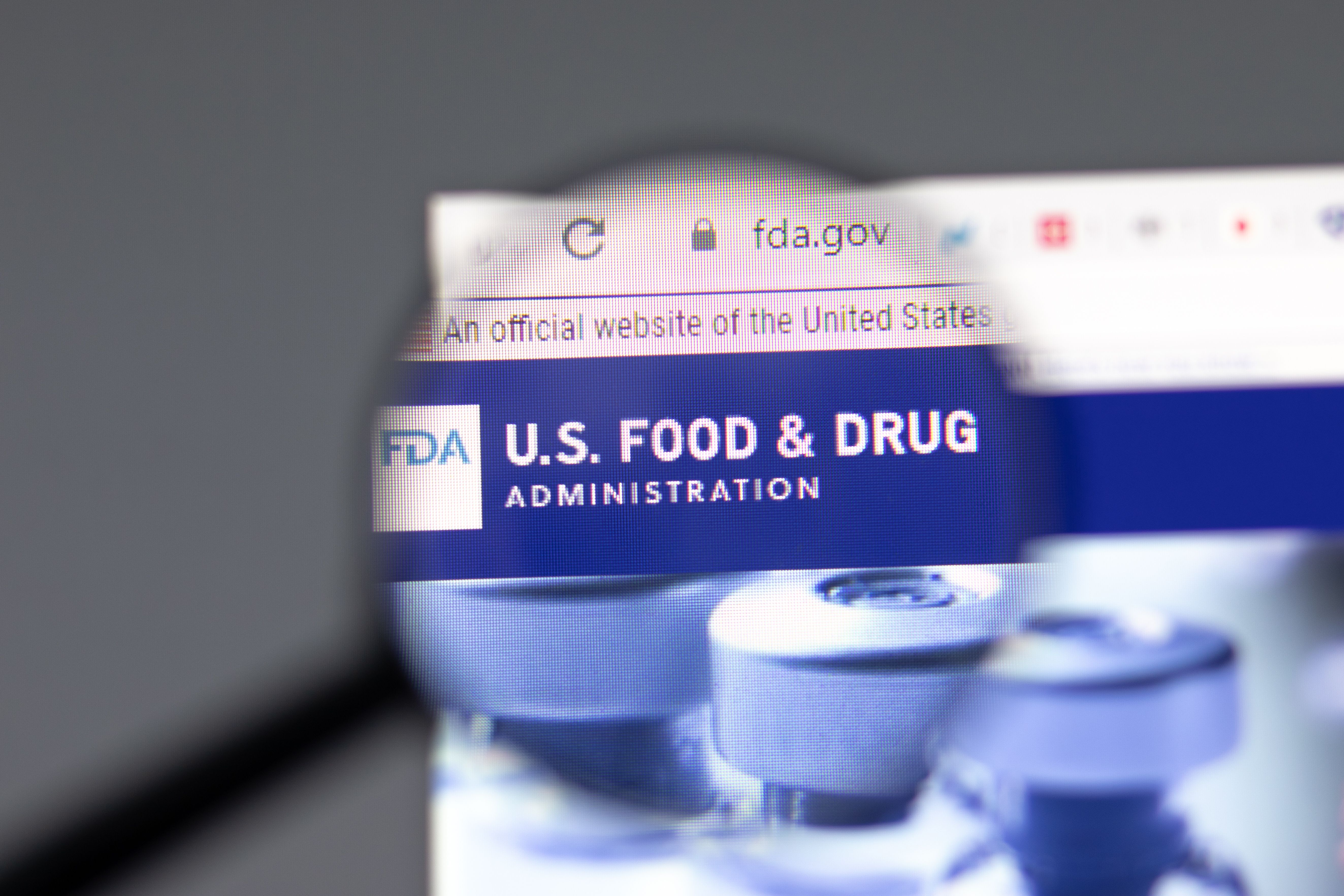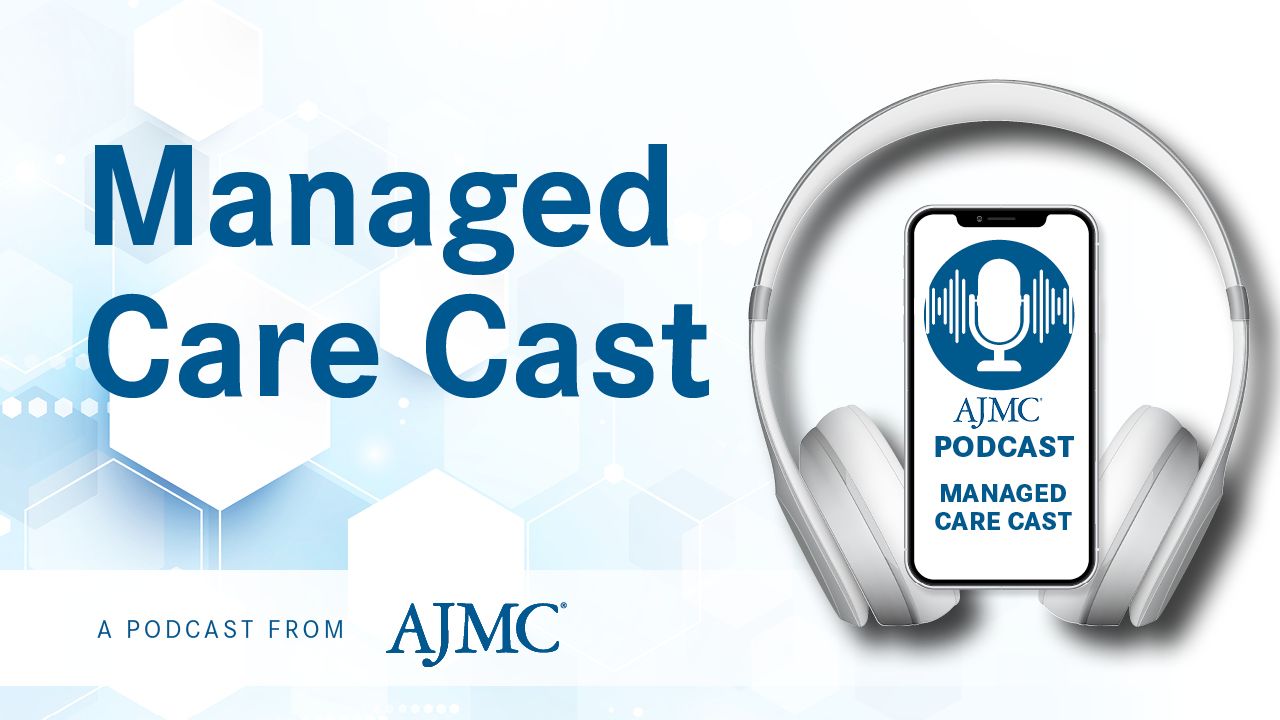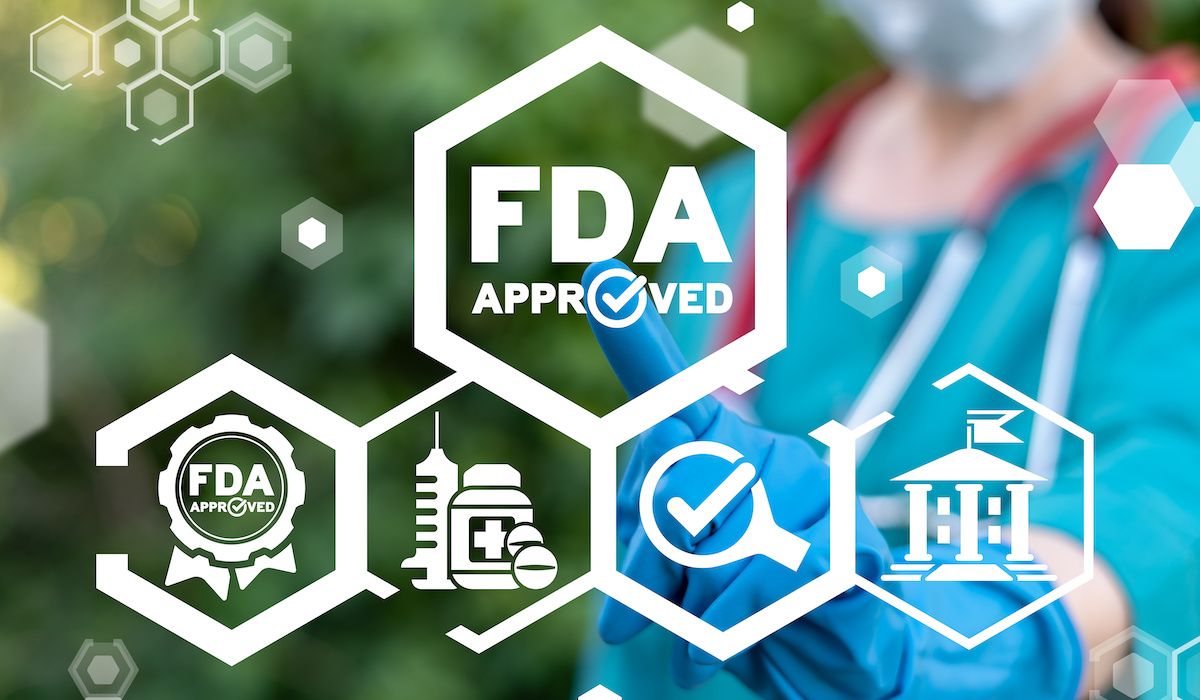Article
Medicines for Europe: Off-Patent Medicines Could Strengthen Europe’s Health Systems
Author(s):
During its annual conference in Spain, Medicines for Europe shared recommendations for greater use of off-patent medications, such as biosimilars and generics, as a way ensure medicines remain available to patients in light of global events and supply chain issues.
Speakers during a Medicines for Europe presentation at the organization’s annual conference shared recommendations to reform health system policies and promote the use of off-patent medications, such as biosimilars and generics, to strengthen European health systems.
The conference spanned from June 29 to July 1, 2022 and was held in Sitges, Barcelona, Spain. Along with the presentation, Medicines for Europe published a report that outlined how market policies could be optimized to ensure that medicines are accessible and available within European health systems.
According to the organization, off-patent medications account for 70% of the pharmaceuticals dispensed throughout Europe and are typically used to treat types of cancers, autoimmune conditions, respiratory illnesses, and cardiovascular disease.
The speakers highlighted the additional burden that health systems have had to take on during the COVID-19 pandemic, the war in Ukraine, high inflation rates, and challenges to the supply chain for drugs and active pharmaceutical ingredients (API).
“We need to take concrete action at [European Union] and Member States level, to promote research, development, and production of generic and biosimilar medicines in Europe. This should be also reflected in all the policies that will build on the COVID-19 lessons learned—included the outcomes of the EU structured dialogue on security of medicines supply—because, especially in the first pandemic outbreak, off-patent medicines played a pivotal role for our patients,” said Dolors Montserrat, member of the European Parliament, in a statement.
Medicines for Europe said that off-patent drugs are a clear part of the solution to ensure that health systems across Europe are equipped enough to provide care in light of world events that can cause disruptions. The organizations said that more policy reforms that favor off-patent medications are necessary for the strengthening of health systems in the region.
“We need the clear support of legislators, governments and medicine manufacturers to ensure that our APIs produced with the highest quality and safety standards in the world, continue to provide the best health for European patients. We can remain strong and competitive with flexible regulations, truly available recovery funds, reference prices adjusted to manufacturing costs and a determined promotion of European production,” aruged Jordi Valls, vice president of Afaquim.
Medicines for Europe listed 4 major actions that the European Union could take to revise current EU pharmaceutical legislation:
- Encourage the use of generic, biosimilar, and value-added medicines to increase access to medications and ensure budgetary sustainability
- Support the off-patent medicines industry response to inflation by altering procurement guidelines for drugs and safeguarding the pharmaceutical manufacturing sector in emergency response plans
- Commit to durable supply chains and manufacturing for medications by enabling access to EU funds
- Critically assess the intellectual property (IP) infrastructure for pharmaceuticals, take action to mitigate abuse issues, and fully support the entry into force of the supplementary protection certificates manufacturing waiver
Margaritis Schinas, vice president of the European Commission for Promoting our European way of life summed up the presentation with this sentiment: “We are revising the pharmaceutical legislation at EU level. The objectives are clear: having medicines at affordable conditions for all, and ensuring European industry remains an innovative world leader. These are not antagonistic objectives, on the contrary, both are possible, and we should make them a reality.”




